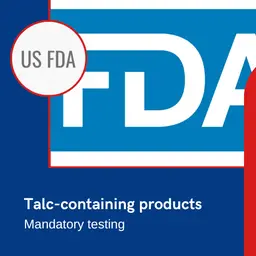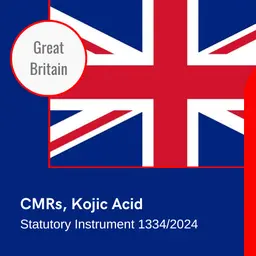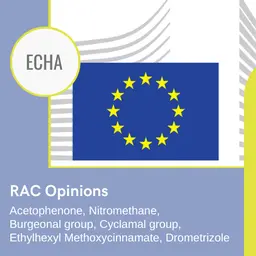
Better understand the bacterial ecosystem to offer more effective skin care products? This is the line of research and development in which many brands are engaged. And to better understand the interest of this approach, CosmeticOBS spoke with David Suissa, founder of BioFilm Control, a French biotech company that is an expert in microbiota and biofilm and that helps professionals who want to optimize and control the impact of their products on microbiota.
CosmeticOBS: What is the interest for a cosmetic brand to know the impact of its products on the microbiota?
David Suissa: The cutaneous microbiota defines all the micro-organisms present on the surface of our skin. Its purpose is to protect us from external aggressions (allergens, irritants, pollutants, to prevent them from penetrating the skin and reaching its deepest layers).
We have known this for several years now, thanks to numerous scientific studies: the richer and more varied our microbiota is, the healthier it is for our skin. An imbalance can lead to certain problems (acne, atopic dermatitis, dandruff, premature aging of the skin).
The interest for brands to know the impact of their products on the microbiota is therefore to offer consumers solutions that are more respectful of this ecosystem.
CosmeticOBS: Are there certain types of products that should be more “microbiome friendly” than others?
DS: It is not necessarily a question of priority insofar as all products applied daily interact with the skin’s micro-organisms, regardless of their form. It is in the interest of manufacturers to verify that creams, fluids and make-up products do not destabilize the resident microbiota.
For cleansing products, the elimination of superficial bacteria …













